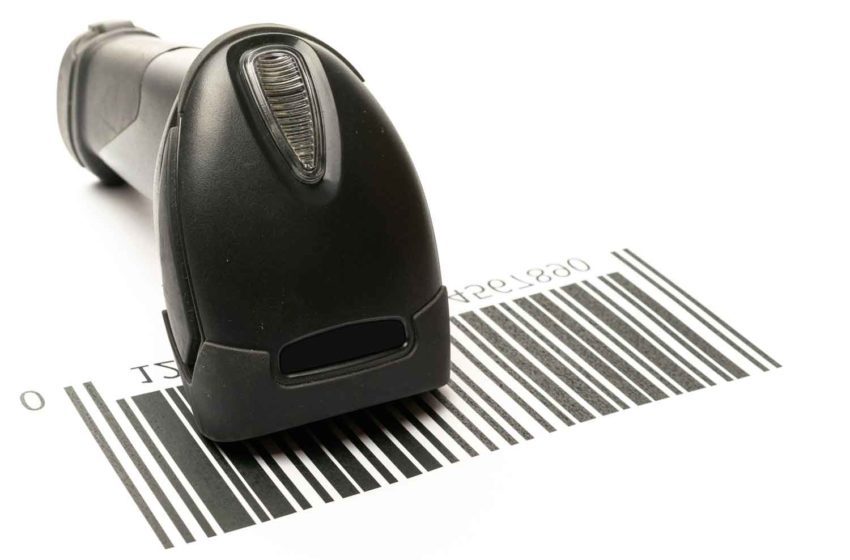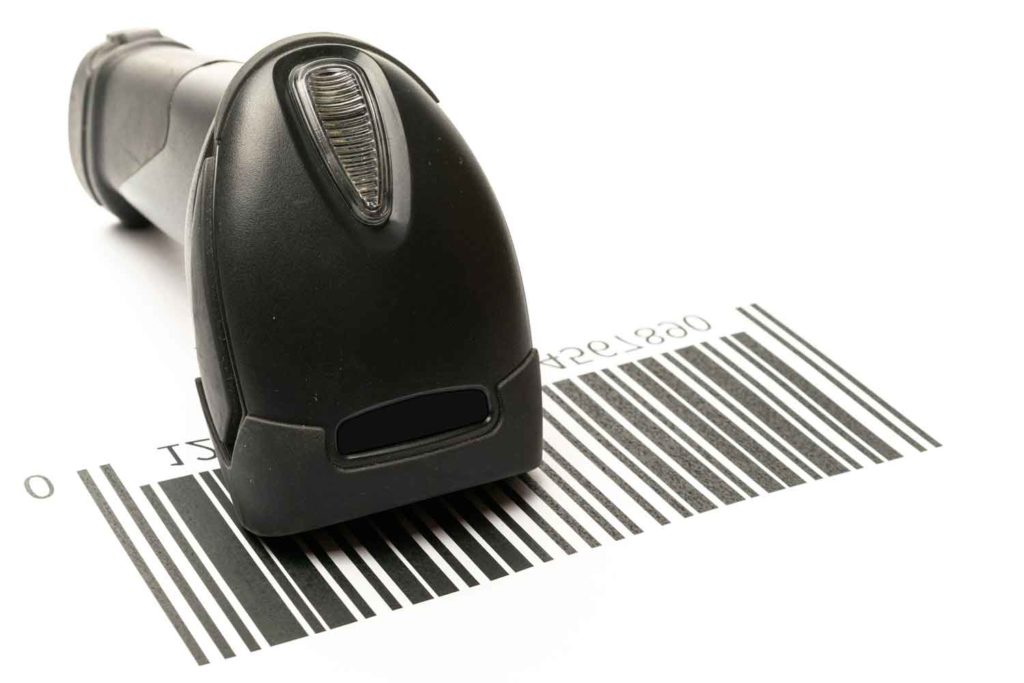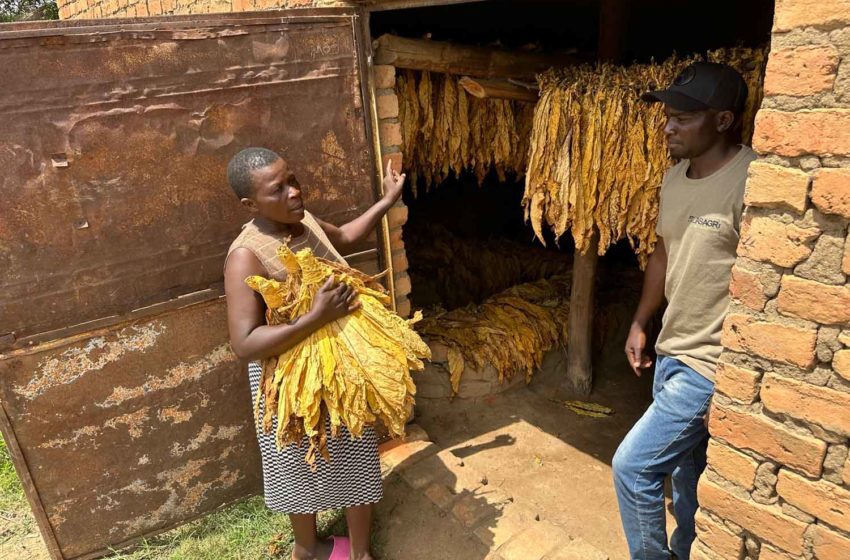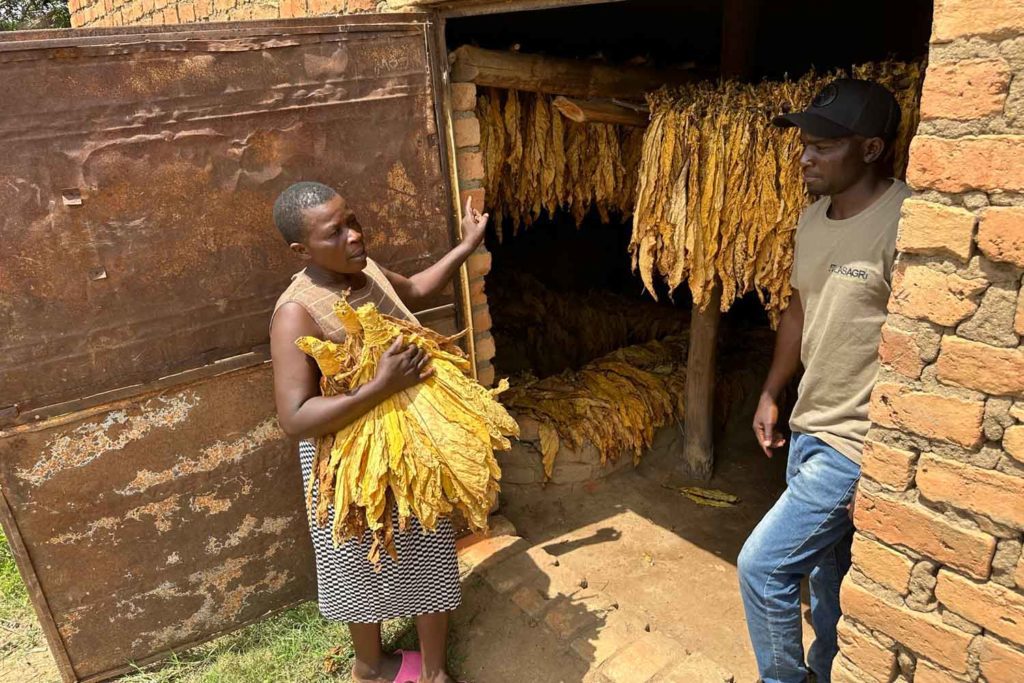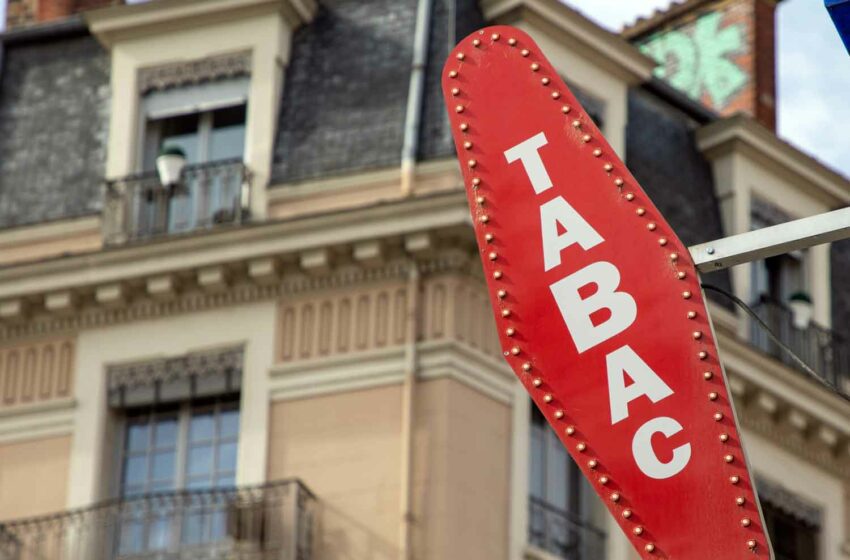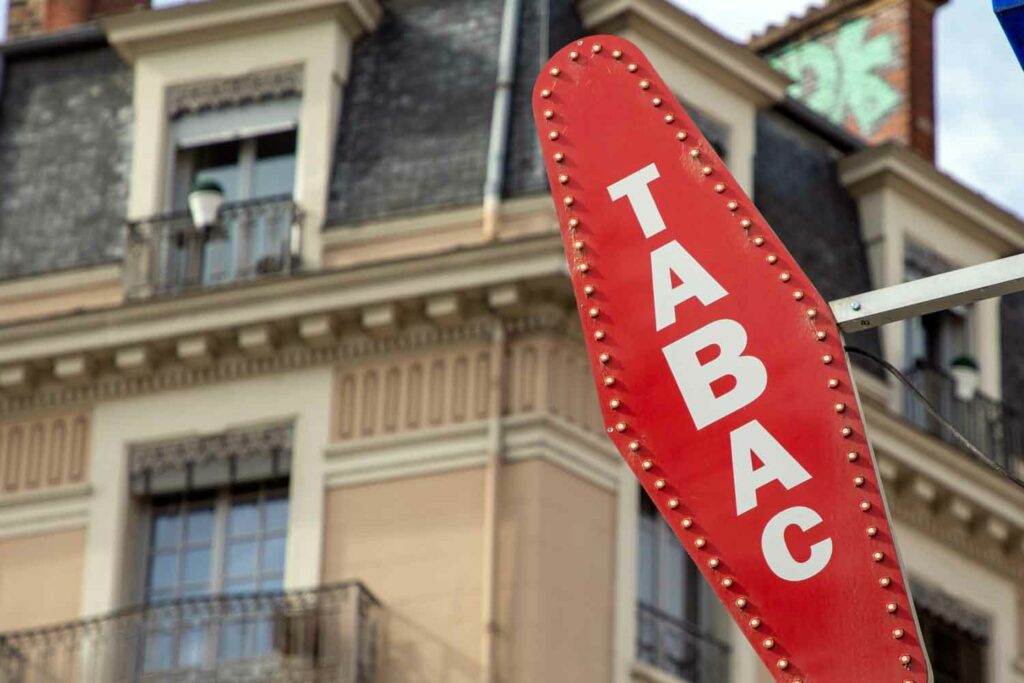
Industry representatives stressed the importance of considering tobacco growers viewpoints in the tenth Conference of the Parties (COP10) to the Framework Convention on Tobacco Control (FCTC), which is scheduled to take place Nov. 20-25 in Panama City.
During a panel discussion at the Expointer 2023 agricultural and livestock exposition in Esteio, Rio Grande do Sul, which concluded Sept 3, experts highlighted the economic significance of the tobacco industry to Brazil in general and the country’s southern provinces in particular.
“We have almost 600,000 people living directly from the crop,” said Marcilio Drescher, president of the Brazilian Tobacco Growers Association, Afubra, according to a SindiFumo report.
“On average, 51 percent of our income comes from tobacco and is supplemented by diversification. The average property is 10.5 hectares. Farmers support their families on this small area of land and use an average of just 3.29 hectares for tobacco. A small area under tobacco provides an excellent income combined with diversification. In the last harvest, the farmer’s gross income reached BRL88,000 [$17,859] per capita per family, on average, and there’s also the income from diversification,” he said.
The topic of diversification is likely to feature prominently during the COP discussion, given that the FCTC encourages countries to move tobacco farmers into other crops. While supporting agricultural diversification, participants in the Expointer panel discussion lamented the exclusion from the discussions of those most impacted by COP decisions. “We cannot have a discussion on producer diversification without involving the primary stakeholders,” said one panelist.
Rio Grande do Sul’s secretary for economic development, Ernani Polo, stressed his government’s commitment to protecting the tobacco sector. “We know that the industries and the sector are working hard to diversify, but tobacco production is still what keeps producers in the countryside,” he said.
The event was also attended by Iro Schunke, president of the Interstate Tobacco Industry Union; Vinicius Pegoraro, the president of the Association of Tobacco Producing Municipalities; Giuseppe Lobo, executive manager of the Brazilian Tobacco Industry Association; and Gualter Batista Júnior, the president of the Federation of Tobacco Industry Workers and the Santa Cruz do Sul and Region Tobacco and Food Industry Workers Union.




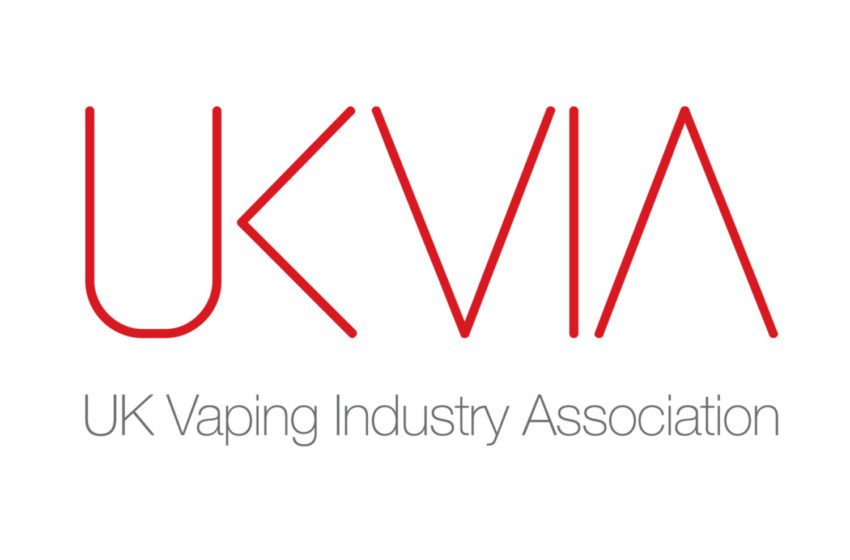
 The U.K. Vaping Industry Association (UKVIA) has ended the membership of British American Tobacco, Imperial Brands, Japan Tobacco International and Philip Morris International.
The U.K. Vaping Industry Association (UKVIA) has ended the membership of British American Tobacco, Imperial Brands, Japan Tobacco International and Philip Morris International.